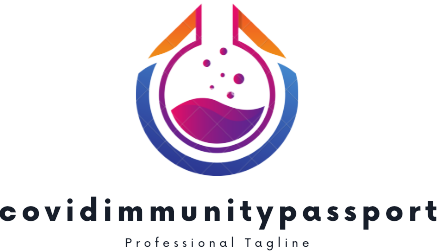Introduction:
PMK oil, an essential precursor in the illicit manufacture of methylenedioxyphenethylamines (MDP2P), occupies a contentious position in the realm of drug enforcement and public health. Its availability and clandestine use pose significant challenges to law enforcement agencies worldwide, necessitating a comprehensive understanding of its production, distribution, and regulatory control.
Chemical Composition and Synthesis:
PMK oil, primarily composed of para-methoxyphenylacetone (PMPA), serves as a key intermediate in the synthesis of MDMA (3,4-methylenedioxymethamphetamine) and related designer drugs. Its clandestine production involves the chemical conversion of safrole, a natural precursor obtained from sassafras oil or other botanical sources. Various synthetic routes, including the Wacker oxidation and Henry reaction, have been employed to produce PMK oil on an industrial scale, contributing to its widespread availability in illicit drug markets.
Legal Status and Regulatory Challenges:
The illicit production and trafficking of PMK oil present complex regulatory challenges for law enforcement and regulatory agencies worldwide. Despite international efforts to control the precursor chemicals used in drug synthesis, clandestine laboratories continue to exploit regulatory loopholes and adapt synthetic methodologies to evade detection. Strengthening international cooperation, enhancing forensic capabilities, and implementing stringent regulatory measures are essential steps in combating the illicit production and trafficking of PMK oil.
Health Risks and Societal Impact:
The clandestine manufacture and consumption of MDMA and related substances derived from PMK oil pose significant health risks to individuals and communities. Adulterants, contaminants, and variations in drug potency contribute to adverse health effects, including neurotoxicity, cardiovascular complications, and psychiatric disorders. Moreover, the societal impact of illicit drug use extends beyond individual health concerns, encompassing social, economic, and legal ramifications that strain healthcare systems and law enforcement resources.
Mitigation Strategies and Future Directions:
Addressing the illicit production and trafficking of PMK oil requires a multifaceted approach that combines law enforcement, regulatory intervention, and public health initiatives. Enhancing international cooperation, intelligence sharing, and capacity-building efforts can strengthen the collective response to synthetic drug manufacturing and trafficking networks. Additionally, investing in drug education, harm reduction programs, and treatment services is crucial for mitigating the health and societal consequences of illicit drug use. By addressing the root causes and consequences of PMK oil production, policymakers and stakeholders can work towards reducing the illicit drug trade and promoting public safety and well-being.

